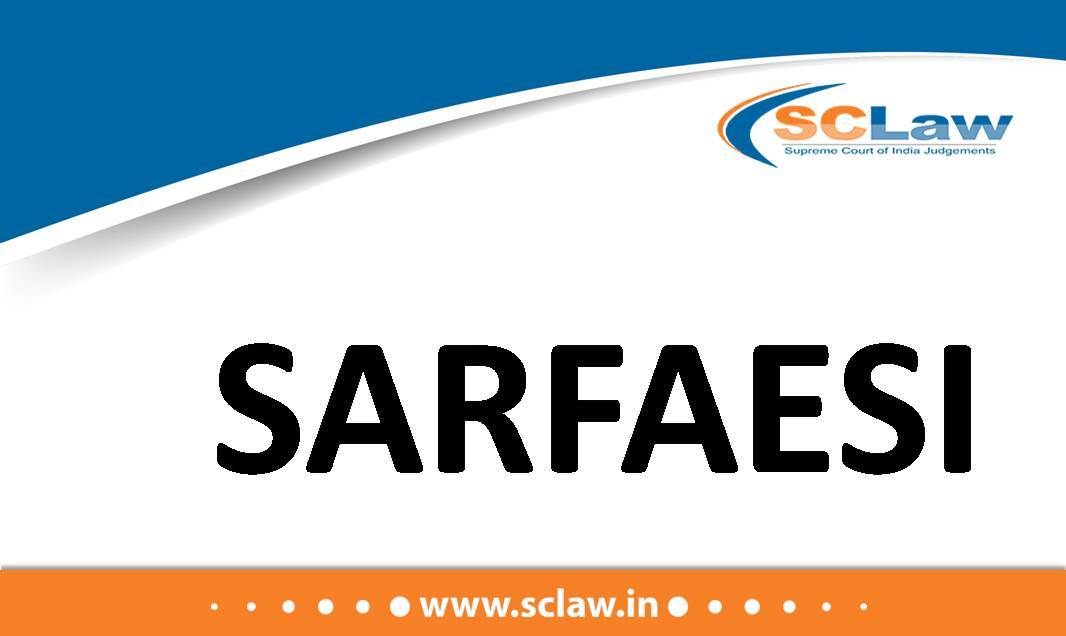SARFAESI Act, 2002 – High Court has committed a very serious error in entertaining the writ petition under Article 226 of the Constitution of India challenging the eauction notice issued by the Bank in exercise of power under Section 13(4) of the SARFAESI Act – quashed and set aside.
SUPREME COURT OF INDIA DIVISION BENCH G. VIKRAM KUMAR — Appellant Vs. STATE BANK OF HYDERABAD AND OTHERS — Respondent ( Before : M. R. Shah and C.T. Ravikumar, JJ.…

